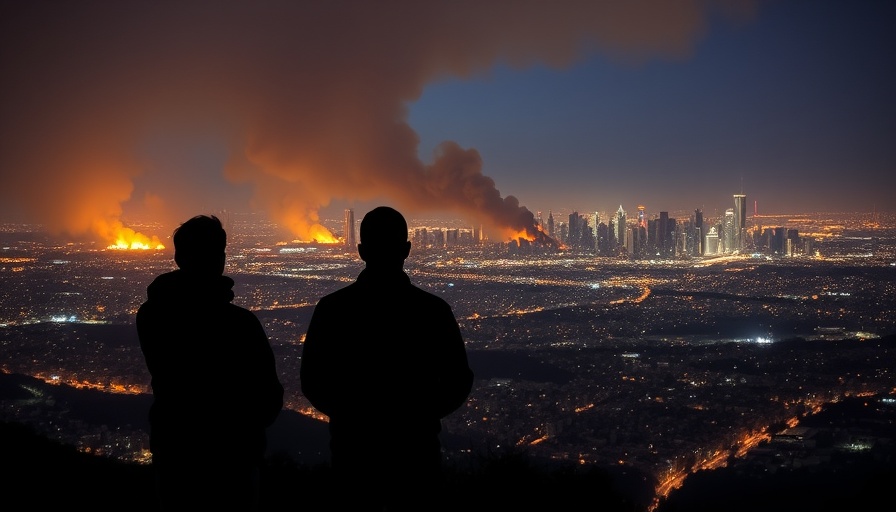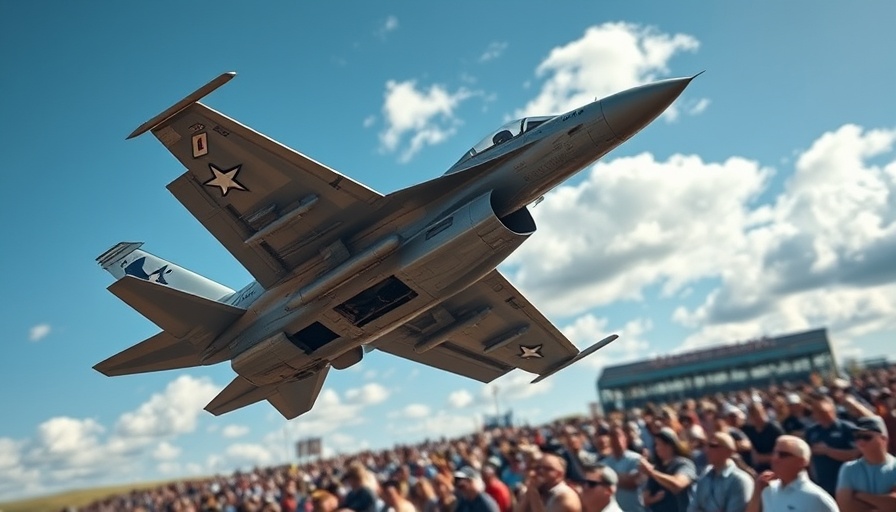
Israel's Military Strategy: A Game Changer for Middle East Relations
The recent air campaign launched by Israel, named Operation Rising Lion, has rapidly shifted the balance of military power in the Middle East. This operation is highlighted by a series of aerial assaults that have not only targeted critical military infrastructure in Iran but have also strategically incapacitated the country's government capabilities. The swift execution of Israel's campaigns is likened to the shocking precision showcased during the 1991 Gulf War. However, some analysts suggest that this current conflict might produce an even more profound shift in regional alliances and power dynamics.
Comparative Analysis: Gulf War vs. Current Conflicts
During the Gulf War, the coalition forces, primarily led by the United States, demonstrated unparalleled military prowess in a short time span; similar tactical approaches are being exhibited now by Israel. Just as the Gulf War served as a wake-up call to Middle Eastern dictatorships about the vulnerabilities of conventional warfare, the current conflict may force Iran and its allies, such as Hezbollah, to reconsider their strategic approaches toward conflicts with Israel and the West.
The Balance of Power: Regional Implications
The ramifications of this conflict extend beyond immediate military damage. As Israel engages in decisive actions against Iranian military and economic structures, it raises questions about Iran's capability not just to respond but to maintain its influence in the region moving forward. The previously considered stronghold of Iran in shaping Middle Eastern geopolitics may soon find itself challenged, especially if it cannot rebuild its military forces in the wake of these intense assaults.
Technological Superiority and The Future Landscape
The integration of advanced airpower, including stealth technology and precision bombs that Israel deploys, may set a precedent for future military conflicts in the region. As military engagements become ever more technologically sophisticated, the strategic calculations of nations will inevitably change, potentially leading to a new era of warfare.
In understanding the full breadth of these developments, it is imperative for policymakers and scholars alike to remain vigilant about the long-term consequences this conflict may breed—forcing a reevaluation of alliances and military strategies in a crucial area of the world.
 Add Row
Add Row  Add
Add 




Write A Comment